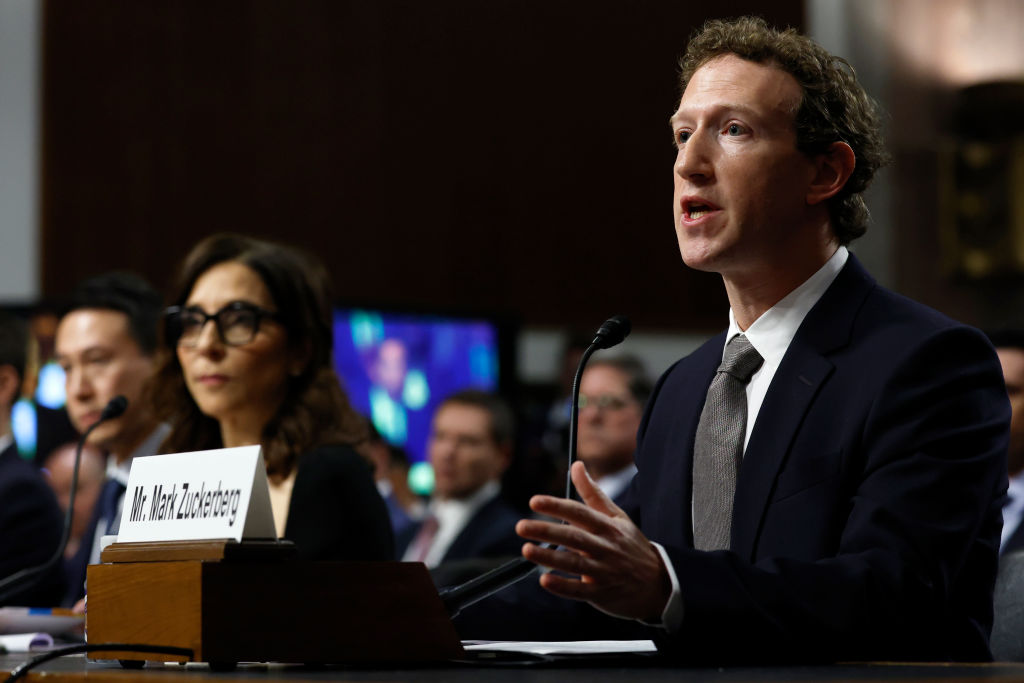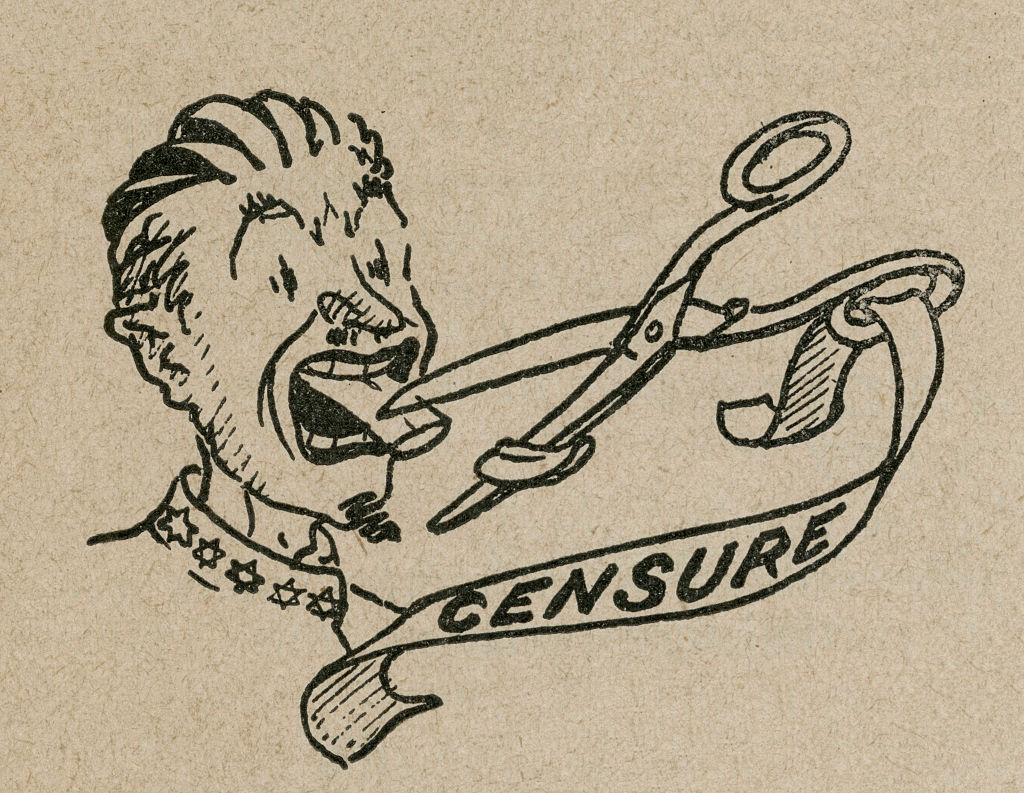A large number of academics, politicians and journalists are urging the European Commission to better protect free speech and change course with the Digital Services Act (DSA).
In an open letter published this week, the prominent signatories underscore the danger of DSA for civilians worldwide.
They say there is a shrinking of civic space, where people are confronted with an increasing amount of censorship or punitive measures for speech that challenges prevailing orthodoxy.
“In an era where public discourse increasingly takes place online, the Digital Services Act (DSA) compounds these concerns. Although the Commission has claimed that the DSA enhances ‘legal certainty’ and provides ‘greater democratic control’, its current framework undermines free speech,” the signatories organised by the Alliance Defending Freedom International state.
“The DSA introduces sweeping mechanisms that empower both institutions and private actors to flag content they believe to be ‘illegal’—a term broadly defined as any content not compliant with EU or national laws,” it continues.
“This creates a situation in which speech lawful at the time of publication could be retroactively flagged and penalised under shifting legal standards across 27 member states.”
While noting that certain harmful forms of expression, such as that relating to child exploitation or incitement to violence or terrorism, are problematic, the letter adds: “However, the DSA goes far beyond these narrow and universally agreed limits. Instead, it constructs a pan-European censorship infrastructure with loosely defined boundaries and the potential to suppress legitimate democratic discourse.”
It warns that the wide definition of illegal content allows the most speech-restrictive provisions of one single EU country to be imposed as a standard across the entire Union, and potentially worldwide, effectively importing the lowest common denominator of expression.
Also, the broad definition of “illegal content” in the DSA, combined with existing jurisprudence of the Court of Justice of the European Union (CJEU), opens the door to worldwide takedowns.
While international treaties and legal principles require that any limitation on speech is lawful, necessary, proportionate and foreseeable, “under the DSA, content moderation decisions are increasingly governed by vague categories such as disinformation, hate speech, abuse of information, information integrity, and information manipulation, many of which lack clear legal definitions or consistent judicial interpretation”, it says.
So-called “trusted flaggers”, by which the DSA identifies so-called problematic speech, are also called out for working “without transparency, democratic oversight or accountability to police online discourse”, despite them possibly having their own political or ideological agendas.
The opaqueness of the EC’s ongoing implementation review is also called out as “the review is based on undisclosed surveys sent to unnamed stakeholders. This process lacks transparency, undermining the very democratic legitimacy the DSA claims to enhance”.
Instead, the group calls for “a comprehensive and inclusive consultation with independent experts in freedom of expression, constitutional law, and digital rights, ahead of the November review, inviting public comments”.
Furthermore, the signatories want the EC to disclose the NGOs, civil society actors and partner entities active in the review process, demanding that they share the criteria and methodology used for their selection.
There should also be a “rigorous legal analysis of the DSA’s compatibility with fundamental rights protections”, the letter states.
Signatories include prominent names such as Michael Shellenberger, the first endowed professor at the University of Austin, serving as CBR chair of Politics, Censorship and Free Speech, Ayaan hirsi Ali, a critic of Islam and an advocate for the rights and self-determination of Muslim women, Dr Peter Boghossian, a US philosopher and college professor, Chris Elston (aka “Billboard Chris”) a Canadian anti-transgender activist and many others.
French MEP Virginie Joron, who co-signed the letter, said: “The French digital regulator ARCOM told me they believe the DSA allows them to censor any post anywhere in the world using the DSA.”
Earlier this year, Brussels Signal published a documentary outlying the current state of free speech in Europe, which can be seen here.
EXC: Three US Congressmen, Jim Jordan, Scott Fitzgerald, and Kevin Kiley join us to discuss growing concerns over the EU’s Digital Services Act and its global implications for freedom of speech. 👇 @Jim_Jordan | @RepFitzgerald | @RepKileyhttps://t.co/uD9Pf5KpsS
— Brussels Signal (@brusselssignal) July 28, 2025





